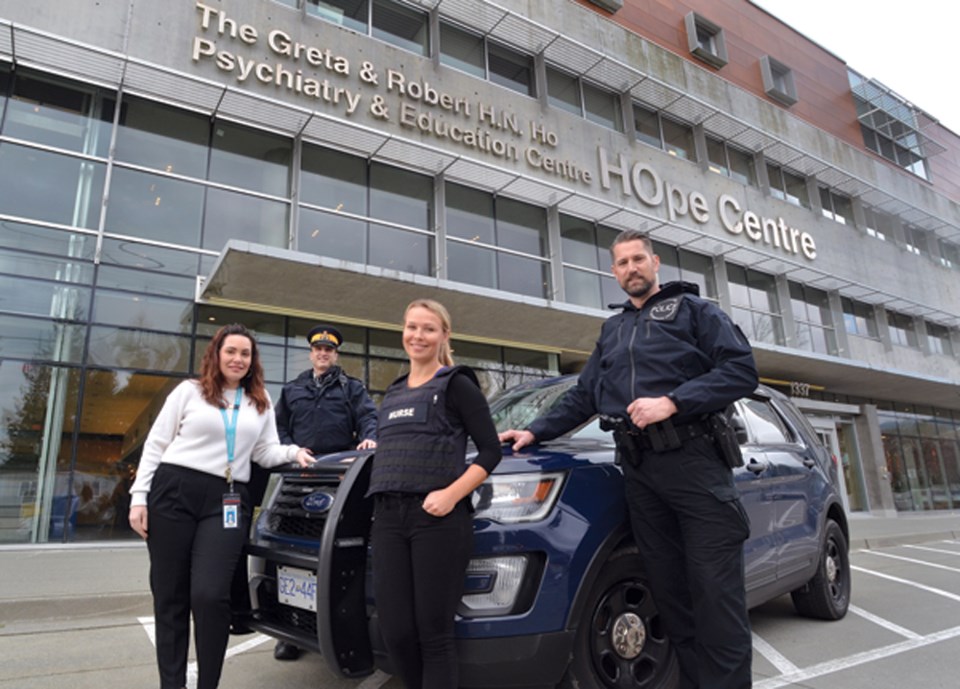How are you doing, two years into the pandemic? While many people are hanging in there, grabbing onto hope that better days are just around the corner, it’s clear others are not doing particularly well.
Disruption of regular routines and stress-busting outlets, anxiety about the state of the world under the pandemic, and lack of normal social contact have left many feeling frayed. Up to half of us say the pandemic has worsened our mental state.
For those with underlying mental health issues, the past two years may well have pushed them to become significantly less able to cope.
Recently two new programs on the North Shore have aimed to make a difference to those in crisis. One program – Car 22 – adds an embedded mental health worker to police responses to crisis calls. That’s a positive step to help de-escalate situations. A second dedicated civilian team from the Canadian Mental Health Association has also been launched to respond to calls when a police presence – or emergency room assistance – isn’t desired or needed. In that case, peer assistance can play a valuable role.
We’re happy to see both services running on the North Shore.
What’s still needed, though, is a way to bolster support for those who are struggling – before a crisis point is reached. A number of supports do exist. But those can still be hard to access, and many have yet to make the switch from virtual sessions back to real-life help.
Even as the grip of the pandemic starts to loosen, we can expect to see its impacts felt into the future. Having appropriate mental health supports will be key to getting many of us back to our happy place.




